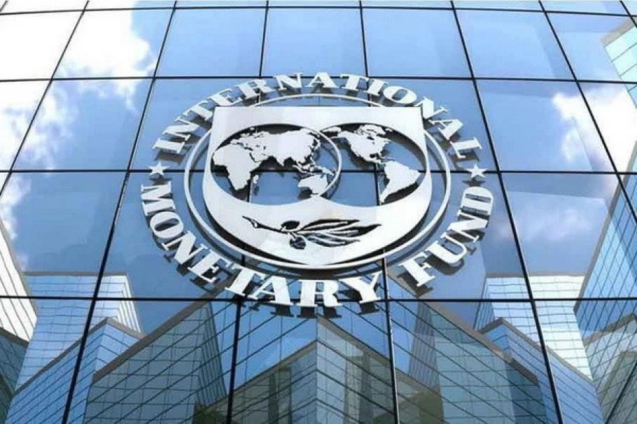The International Monetary Fund (IMF) has maintained that the restructuring of Ghana debts will be dependent on the outcome of the World Bank/IMF Debt Sustainability Analysis (DSA) Report.
The IMF argues that the report will influence how Ghana’s debt restructuring should be carried out and which areas will be affected.
The Fund maintains that “the DSA report will also help identify the areas that the restructuring will affect. Whether it will be domestic debt or the foreign components of the country’s debt”.
Speaking at a News Conference in Washington DC, Director of Communications with the IMF, Gerry Rice noted that the Fund will review data from Ghana.
Mr. Rice noted that “when a country requests financing from the IMF, we assess whether the country’s policies are consistent with debt sustainability as one of our requirements”.
“We still need to conduct a thorough update of the debt situation in Ghana through our Debt Sustainability Analysis,” he added.
“The last, I don’t know if it’s useful, I have here the last DSA, Debt Sustainability Analysis. We published this as part of the 2021 Article IV Staff Report with Ghana. It said public debt was a sustainable conditional on a rigorous and credible implementation of the authority’s medium term consolidation plan to put debt on a declining trajectory and ensure continued market access,” Mr. Rice stressed.
What is the World Bank/IMF Debt Sustainability Report?
The World Bank Group and the IMF work with low-income countries to produce regular Debt Sustainability Analyses, which are structured examinations of developing country debt based on the Debt Sustainability Framework.
The two institutions use this framework to guide the borrowing decisions of low-income countries in a way that balances their financing needs with their ability to repay—both in the present and in the future.
The area of work has three goals which ensure that countries that have received debt relief are on a sustainable development track as well as allow creditors to better anticipate future risks and tailor their financing terms accordingly.
The goal also helps client countries to balance their needs for funds with the ability to repay their debts.
IMF and Ghana’s Debt Situation
Ghana Debt Stock is said to have reached 393 billion Ghana cedi by June 2022.
The IMF in its last debt sustainability report classified Ghana as High Risk of Debt Distress.
Ghana’s programme will be heavily focused on how to contain the country’s debt situation going forward.
Latest Stories
-
Betway Africa offers once-in-a-lifetime ‘Play-on-the-Pitch’ experience at Emirates Stadium
1 min -
I coined the term ‘hype man’ in Ghana – Merqury Quaye
6 mins -
Vasseur questions ‘strange momentum’ of Formula One race director change
28 mins -
“I am disappointed in Kojo Manuel” – Merqury Quaye on “no tie” comment
29 mins -
Nana Kwame Bediako; The beacon of unity
31 mins -
Western Region: NDC youth wing embarks on phase 2 of ‘retail campaign’
57 mins -
Action Chapel International holds annual Impact Convention in November
57 mins -
Jana Foundation urges young women to take up leadership roles
1 hour -
All set for Joy FM Prayer Summit for Peace 2024
1 hour -
Managing Prediabetes with the Help of a Dietitian
2 hours -
Joy FM listeners criticise Achiase Commanding Officer’s election comment
2 hours -
Legal Aid Commission employees threaten strike over poor working conditions
2 hours -
Ghana ranked 7th globally as biggest beneficiary of World Bank funding
2 hours -
IMF board to disburse $360m to Ghana in December after third review
2 hours -
Former Bono Regional NPP organiser donates 13 motorbikes to 12 constituencies
2 hours

